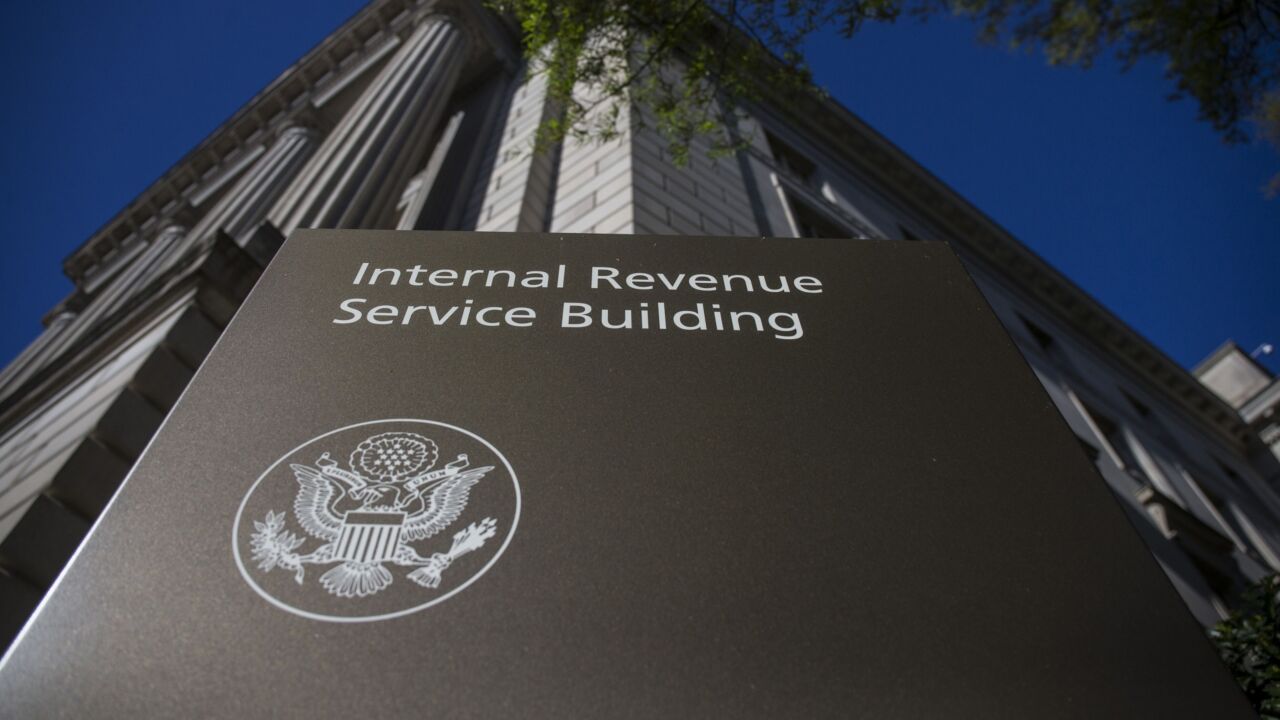Big Four firm EY has announced a significant investment into its Blockchain Analyzer product, as well as, separately, the release of its zero-knowledge proof (ZKP) private transaction protocol into the public domain. Big Four investment in blockchain signals that the technology will have a significant impact on the accounting industry in the coming years.
EY Blockchain Analyzer is, as the name suggests, an analysis tool for blockchains. According to the firm, it has undergone significant developments as part of a multimillion-dollar investment and is expected to be available for use by EY client-serving teams in 2019 across a selection of more than 100 EY Assurance clients that hold or trade cryptocurrencies or operate in the blockchain ecosystem. These developments include the support of multiple new cryptocurrencies on the platform, added functionality relevant to private and public blockchains, and a globally accessible and available platform.

Originally, EY Blockchain Analyzer was designed to facilitate EY audit teams in gathering an organization's entire transaction data from multiple blockchain ledgers, to reconcile that data to EY clients' books and records and to perform enhanced analytics, including trend analysis and identification of outliers.
A version of this second generation EY Blockchain Analyzer is available for EY teams and non-audit clients as a business application that is accessible anytime and helps enable financial reporting, forensic investigations, transaction monitoring and tax calculations to support EY teams and clients globally across advisory, tax and transaction advisory services.
"As technologies continue to evolve, so too does the need to integrate transformative capabilities into our audit tools,” stated Felice Persico, EY global vice chair - assurance. “The second generation of EY Blockchain Analyzer will provide valuable evidence for audits in various sectors."
In addition to transaction analysis, the new version of EY Blockchain Analyzer will support tax calculation for crypto-assets. The product uses the insights and assets acquired with the
EY plans to gradually expand the geographic coverage for tax calculation globally after the 2019 tax year. Starting next year, the tax functionality within EY Blockchain Analyzer will be available to all EY Tax practitioners.
In addition to the second generation of EY Blockchain Analyzer, EY has announced a suite of blockchain solutions and upgrades at the EY Global Blockchain Summit, including the release of the first generation of
Zero-knowledge proof: A first of its kind technology
EY’s zero-knowledge proof private transaction protocol is a framework by which enterprises and investors can conduct secure private transactions. The inability to do so is part of the reason adoption of blockchain in this area has been sluggish.
ZKP was launched in October last year at Ethereum Devcon in Prague. The initial prototype was a version of EY Ops Chain, an EY flagship blockchain business application platform adapted for use on the public Ethereum blockchain. The prototype included a sample supply chain model built in the public Ethereum network using the private transaction technology and a challenge to developers and hackers to find flaws in the encryption and unmask the private information. Since the original solution debut, EY teams have worked to improve performance of the solution based on ZKPs, the firm reports.
“Making public blockchains secure and scalable is a priority for EY,” said Paul Brody, EY global innovation leader, blockchain, in a statement. “The fastest way to spread this privacy-enhancing technology was to make it public. The gold standard in security is only achieved with the kind of intense review and testing that comes with public domain releases.”
Brody added that “the most efficient way to maximize blockchain adoption is to release this work to the community as a true contribution, with no strings attached,” saying that the only way blockchain technology will realize its promise is if companies and investors select it as a “preferred path.”
The software code of ZKP is undergoing final reviews and is expected to be released into the public domain in the next four to six weeks.





